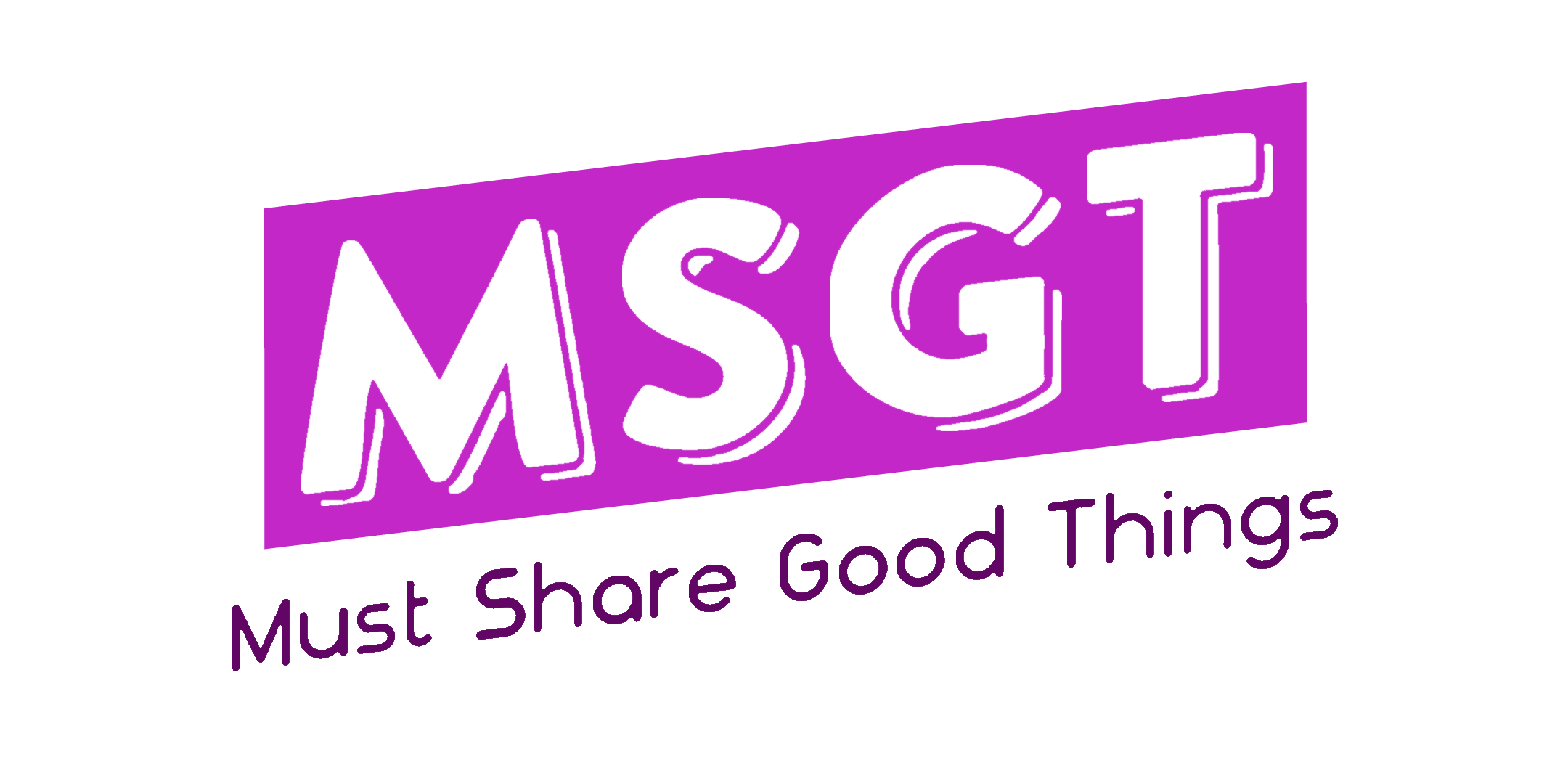For those who do not know, ChatGPT is a language model developed by OpenAI. It uses an advanced deep learning architecture known as a transformer to generate human-like responses to a wide range of queries.
ChatGPT is trained on a massive corpus of text data, which allows it to generate high-quality responses in a wide variety of languages and on a wide range of topics. The model can be fine-tuned for specific use cases, such as answering customer service queries or generating text summaries, making it a versatile and valuable tool for organizations in a variety of industries.
Simply said, ChatGPT is a chatbot that can engage you in a discussion in the same way that a human would. It has been built to comprehend your inquiries on a variety of topics and deliver extensive solutions. The replies aren’t always accurate, but the bot does an excellent job of making you feel like you’re speaking with a real person.
In general, ChatGPT offers a scalable and cost-effective solution for handling language-related tasks, making it a valuable tool for a wide range of organizations and individuals.
3 Advantages of ChatGPT
- Customization Capabilities
An advantage of ChatGPT is its customization capabilities. As a language model, it can be fine-tuned to perform specific tasks and respond to specific use cases, such as answering frequently asked questions or generating summaries. This customization allows organizations to tailor ChatGPT to their specific needs and requirements, making it a versatile and valuable tool.
- The impressive speed of the AI
In addition to its customization capabilities, ChatGPT is also fast and scalable. It can respond to queries quickly, making it well-suited for real-time applications. And, as it can handle a large number of requests, it is scalable and can be deployed at a large scale, making it an ideal solution for organisations with high demands for language-related tasks. Based on our experience testing the product so far, the chatbot takes a few seconds to respond (usually not more than 10 seconds).
- Cost-effectiveness
ChatGPT will be free to all registered users as of December 2022. The only requirement is that you be a legal adult (18 or older). OpenAI has not stated whether or not the chatbot would continue to be free in the future. After the product’s final release, the firm will very certainly transition to a paid or subscription model. ChatGPT concepts and material can also be used for personal and business uses. There are no royalties, commissions, or other costs charged by OpenAI.
One of the key benefits of ChatGPT is its cost-effectiveness compared to traditional methods of handling language-related tasks, such as hiring a team of experts or outsourcing the work. This cost-effectiveness makes ChatGPT accessible to a wide range of organizations, regardless of their size or budget.

The latest update we heard in Feb 2023 is that for $20USD ($26.10 SGD) per month, subscribers will get access to the platform even at peak times when it can be hard to log onto, and also “priority access” to new features. It plans to extend the trial more widely and the exact day of the subscription has not been confirmed.
3 Main Drawbacks of ChatGPT:
Despite its many advantages, ChatGPT also has several disadvantages that you should be aware of.
- Limited Domain Knowledge
One of the primary disadvantages of ChatGPT is its limited domain knowledge. As a language model, it has a vast vocabulary, but it is not an expert in any particular domain. This can lead to incorrect or misleading information if it is not trained on the specific domain in question.
- Bias and Ethics:
As with any AI system, ChatGPT can reflect the biases and ethical concerns inherent in its training data, such as gender, racial, or cultural biases. This can result in biased or unfair responses, which can be damaging to organizations and individuals.
- Lack of Common Sense and Emotions
Another limitation of ChatGPT is its lack of common sense and general knowledge. While it can generate sophisticated responses, it lacks the common sense and general knowledge that humans have acquired through life experience. This can result in responses that are not well-informed or that lack depth and context.
Finally, ChatGPT is limited in its ability to understand and convey emotions and sentiment. This can make it difficult to use for applications that require emotional intelligence, such as mental health counseling or customer service. This lack of emotional intelligence can result in responses that are insensitive or that lack empathy, which can be damaging to organizations and individuals.
Conclusion
In conclusion, ChatGPT is a powerful language model that offers many advantages, including its transformer architecture, customization capabilities, fast and scalable response times, cost-effectiveness, and ability to handle a wide variety of languages.
However, it also has several disadvantages, such as limited domain knowledge, potential to reflect biases and ethical concerns in its training data, reliance on high-quality training data, lack of common sense and general knowledge, and limited ability to understand and convey emotions and sentiment.
Despite these limitations, ChatGPT has the potential to revolutionize the way organizations handle language-related tasks and has a bright future as a valuable tool in a variety of industries. To maximize its potential, we must carefully consider the data used to train ChatGPT, and be mindful of its limitations and potential biases.
–


![What is Chat GPT and How We Can Use It?[Future of AI]](https://i0.wp.com/blogger.googleusercontent.com/img/b/R29vZ2xl/AVvXsEh8G4aWPrqSCW6ijULsFVodzGOL7Q5IhonVOPFC4RhuG68wfODjWYre687lYYKDZ6TpubU2Hu6--JYaOgGUijSt0gpXp3Y0pPl9q7U4BhxSGxKy3w3HZNMSCEwW_5W9KtvqROY3La82OhkFQBubDW8n6E_ZcbAvVQ0L4Bp2LYw3z0QqlOwCunf7XEOu/s2266/0x0.jpg?ssl=1)










